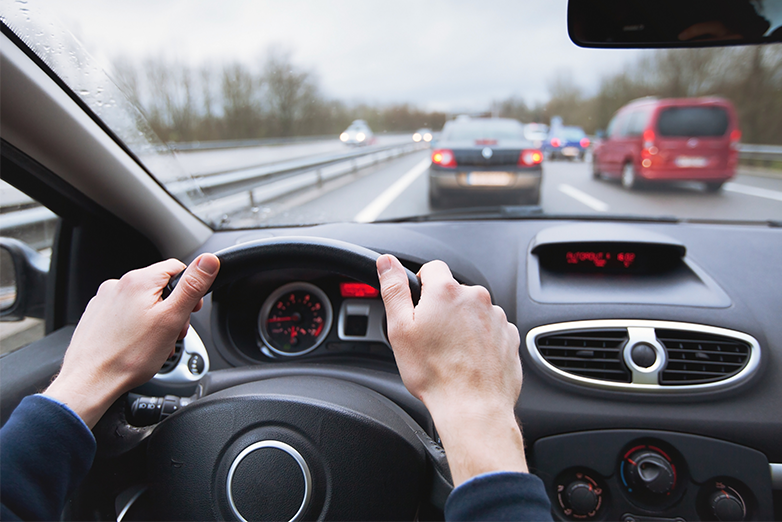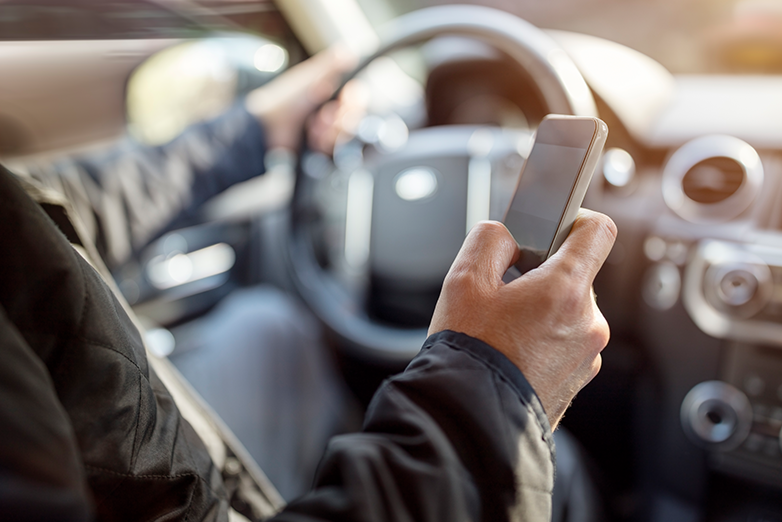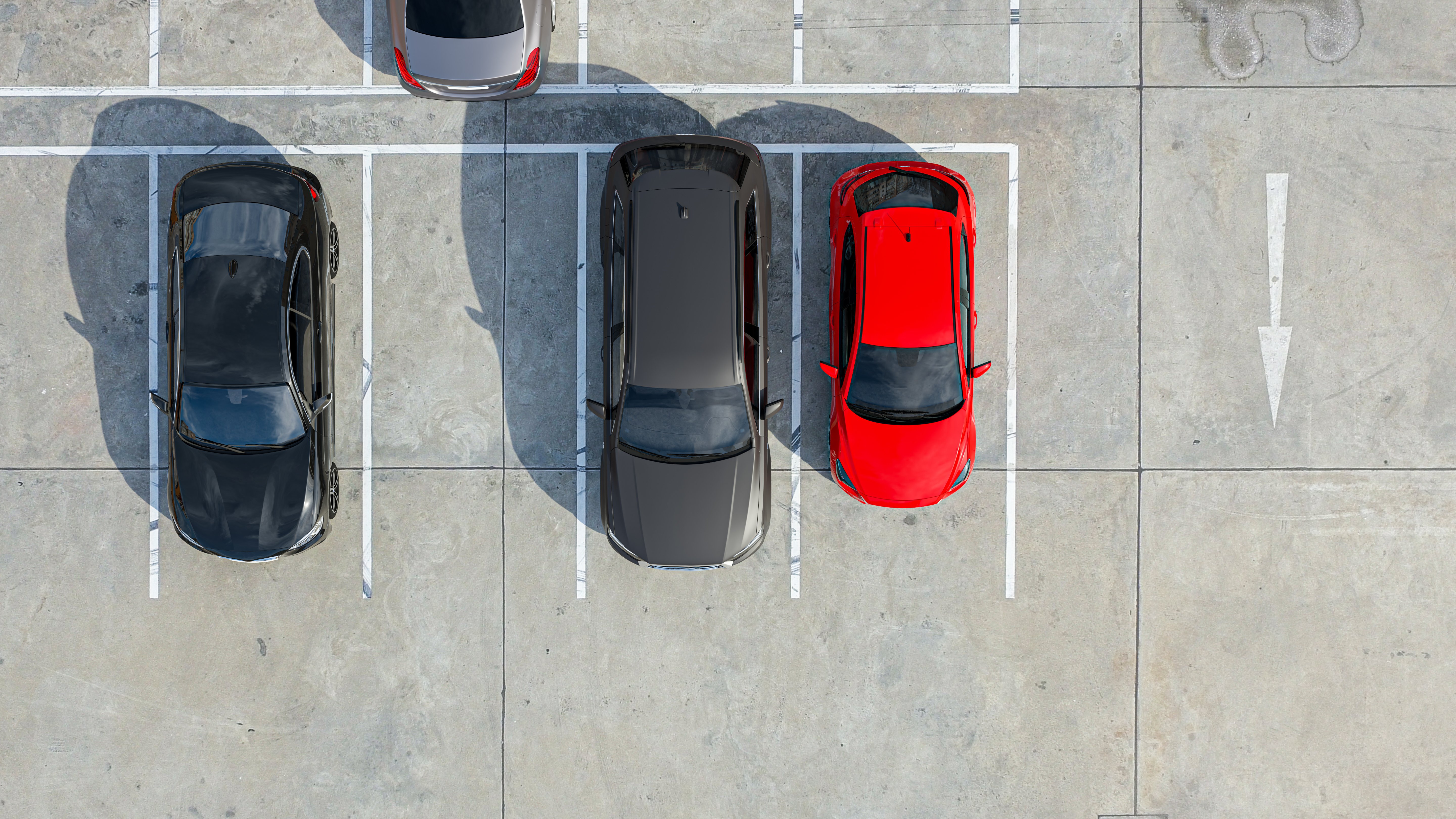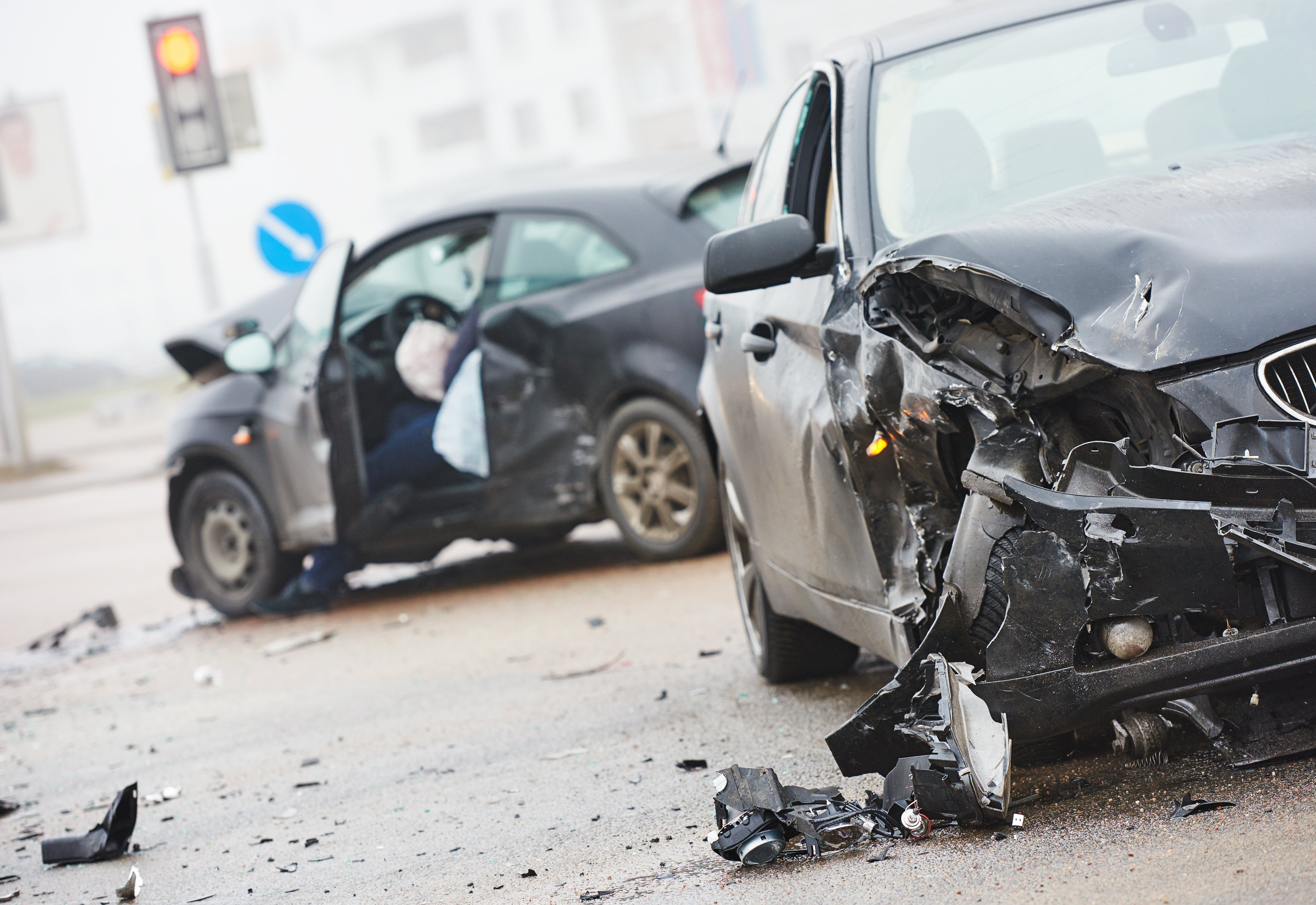
Unsafe habits and distracted driving are responsible for thousands of crashes, property damage, injuries, and deaths each year. Many of these could easily be avoided by more alert driving practices.
Fewer crashes mean fewer fatalities. From a business perspective, it also means lower costs, including lower overall insurance premiums. And poorly trained, drowsy, or distracted drivers cause costly vehicle repairs, extensive emotional distress, and expensive lawsuits.
According to the Centers for Disease Control and Prevention (CDC), a survey of nearly 150,000 adults 18 years or older in 19 states and the District of Columbia revealed that 4% had fallen asleep while driving at least once in the previous 30 days. Those who slept six or fewer hours per night were even more likely to fall asleep while driving.
A survey by the National Safety Council reported that although 83% of drivers feel that driving is a safety concern, 64% say they are comfortable speeding, and 47% say they are comfortable texting either manually or through voice controls while driving.
All this while as many as 43,000 people died on U.S. roadways in 2021 — an 11% increase over 2020 and the highest number of fatalities since 2005.
How can you ensure your drivers are alert and practicing safe driving habits while on the road? Here are some easy tips to help keep drivers alert behind the wheel.
Tip #1: Don’t get distracted.
For many drivers, vehicles act as mobile offices that enable them to work more efficiently while on the go. But this modern convenience comes at a steep price. Studies show that distracted driving contributes to 16% of all fatal crashes in the U.S., resulting in around 5,000 deaths every year.
Distracted driving is a major problem for today’s drivers, made worse by in-dash navigation and other infotainment systems. These technologies take drivers’ attention off the road for dangerous amounts of time.
Don’t try to multitask from behind the wheel. If you need to set a destination in your GPS or change the radio station, pull off the road.
Tip #2: Put down the phone.
Sending texts and talking on the phone — even voice-activated text and hands-free calls — aren't safe and can cause drivers to become mentally distracted, missing up to half of what is around them. As the National Safety Council states, there is no safe way to use a cell phone and drive.
Talking on the phone, texting and engaging with social media while driving isn’t just dangerous, it’s also illegal. Many states have laws on the books against writing and reading texts and e-mails, snapping selfies from behind the wheel, and engaging with other handheld devices and hands-free interactions.
Tip #3: Keep your eyes moving.
Well-trained drivers have the discipline to “tune out” distractions inside the vehicle and concentrate on the road. It’s important to always stay focused and shift your eyes every two seconds to scan the roadway. You should also check your mirrors every five to eight seconds.
Consistent eye movement prevents the body from entering a “trance” state and keeps drivers more aware of their surroundings, so they can remain alert and acutely aware of the movements of other drivers.
(Pop quiz: Tip #3 is which one of The Smith5Keys®?)
Tip #4: Don’t drive sleepy.
According to the National Highway Traffic Safety Administration (NHTSA), drowsy driving claimed 697 lives in 2019.
Before driving on the job — or on your personal time — make sure you have had plenty of sleep. On average, a full night of sleep for adults is between seven and nine hours. If you didn’t get enough sleep the night before, take a nap.
It’s always better to pull off the road and take a quick nap to boost your energy than it is to stay on the road, driving drowsy. Another way to wake up is to exercise. Take a quick walk around the parking lot or neighborhood before you get behind the wheel and buckle up.
Tip #5: Don’t get too comfortable.
When it’s cold outside, it is tempting to crank up the heat inside your vehicle. But driving with too much heat on inside your vehicle can cause you to get drowsy. A warm and cozy vehicle may be too comfortable to be safe.
To stay alert, keep the temperature inside your vehicle cooler. Fresh air can also help keep you awake and alert. Don’t be afraid to roll down the windows to get some air and oxygen circulating. It’s good for you!
Tip #6: Watch what you eat and drink.
Obviously, drivers should never drink alcohol before getting behind the wheel, but there are other things to avoid as well. Stay away from junk food and too much caffeine at once, which can cause sugar levels to spike and then crash shortly thereafter, causing drowsiness.
A better choice is water — staying hydrated leads to increased energy levels — and small, healthy meals. Eat too much before setting out on the road and — just like after Thanksgiving dinner — you may need a long winter’s nap!
(If your answer to the pop quiz question was Key #3, give yourself a pat on the back.)










